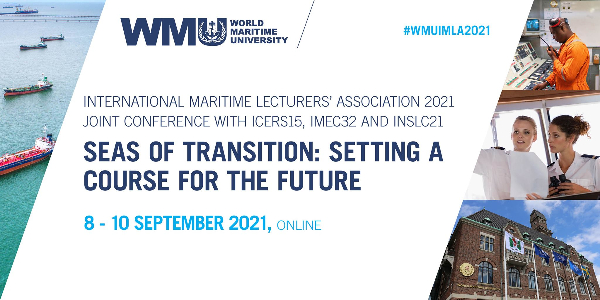Document Type
Paper
Publication Date
2021
First Page
128
Last Page
137
DOI
http://dx.doi.org/10.21677/imla2021.13
Abstract
In this article, we try to answer the question of what makes it difficult for future engineers to express their ideas on technical topics in oral speech. The theoretical basis of the organizational procedure of the study was the concept, according to which a comprehensive description of the professional linguistic personality can be conducted on the verbal (professional speech) and cognitive (professional picture of the world) levels. We studied future engineers’ thinking patterns and found out which parts of speech were their first associations in technical, business, and everyday communication. The purpose of the study was to identify the fundamental tendencies of engineers’ thinking that influence the speaking process. The results create psychological conditions for the actualization of the mechanisms of thought for speech. This mechanism involves the use of an algorithm that has common features when speaking in both a native and a foreign language. We worked out practical recommendations on how to make this process less time consuming and offer a hypothesis on how to successfully convey ideas into a statement. Identifying the peculiarities of thinking for speaking both in native and foreign languages allows the development and application of techniques to improve engineers’ speaking culture. The combination of understanding the features of engineering thinking in general and features of thinking for foreign language speaking co


